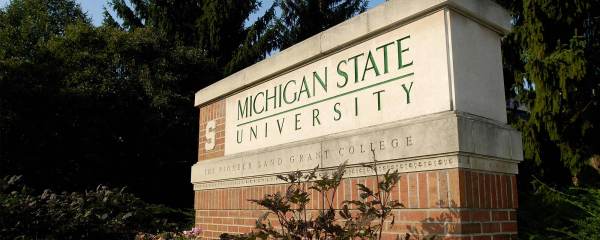Trying to create a university AI policy? There’s a framework for that

Universities across the country are finding ways to integrate artificial intelligence into learning settings and campus operations, and some are beginning to formalize policies to guide ethical use of the technology, like Temple University’s policy that prioritizes student learning, or the University of Pennsylvania’s approach to classroom use.
Other universities are just beginning to wade into the world of AI and what it means for their institutions — and they’re forming task forces to help guide future policies. Earlier this month, the University of Montana hosted an AI symposium as a means to further its strategies around the technology, from classroom learning environments through campus operations.
The edtech firm Anthology released a six-page AI policy framework on Thursday that aims to support higher education institutions that are interested in developing their own policies around the ethical use of AI. The framework was created to align with the AI Risk Management Framework from the National Institute of Standards and Technology, the European Union AI Act, and principles from the Organization for Economic Cooperation and Development.
“It’s a responsibility for Anthology to bring this to higher education,” Bruce Dahlgren, Anthology’s chief executive, said in an interview with EdScoop. “In other words, we needed to be out ahead of this, we didn’t want to have our head in the sand. We made a conscious decision as a company to be the thought leader in AI for higher education.”
The framework poses questions for campuses to consider surrounding seven principles: fairness; reliability; humans in control; transparency and explainability; privacy, security and safety; value alignment; and accountability. Anthology Senior Vice President of Product Management Nico Matthijs said that the framework was written to weigh the merits and concerns around the technology in higher education settings, and that it encourages the use of AI as a tool to support student learning.
Matthijs said that AI can be overwhelming for institutions to handle and oftentimes conversations about developing policies stall in committee. He anticipated that this framework will better equip campuses to move forward with policy development.
“We really wanted to put something out that helps institutions take that first step, take the uncertainty out of the room in terms of what should we be talking about and what should we be focusing on and give them a framework so that they can then have meaningful internal conversations,” Matthijs said.




